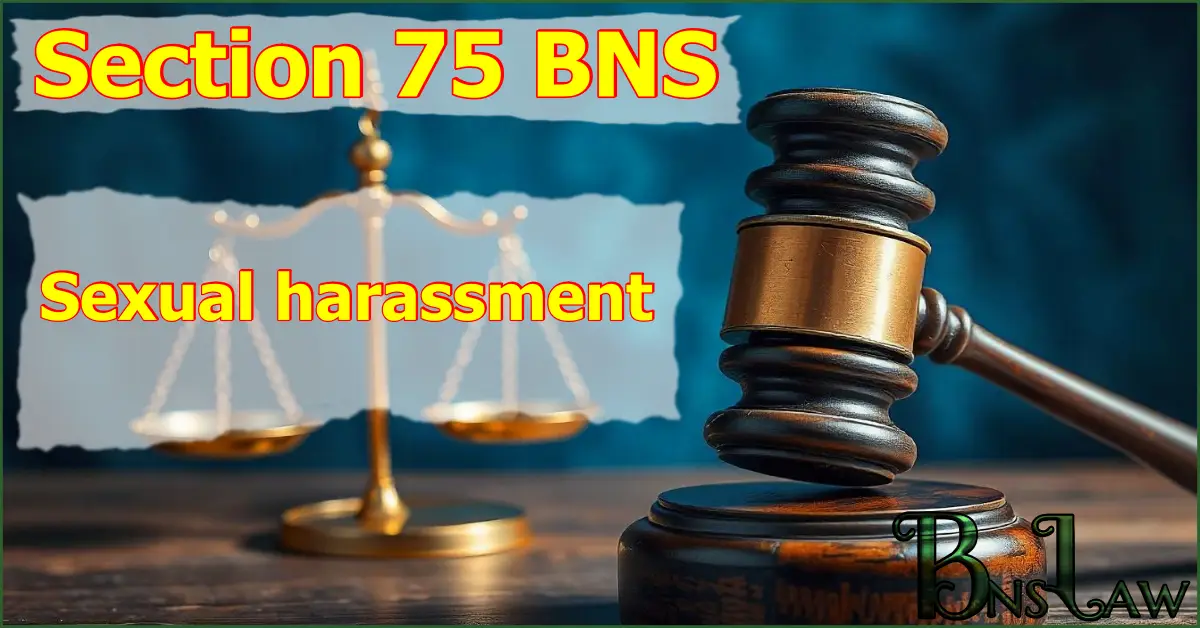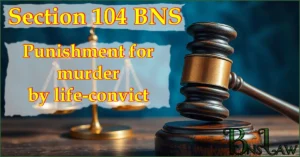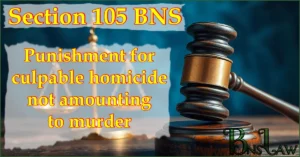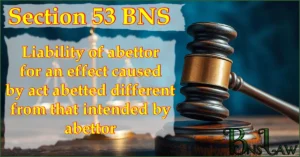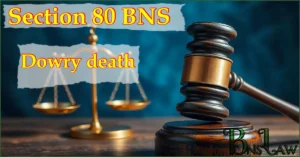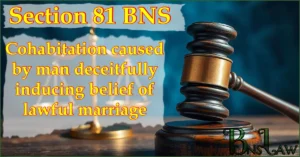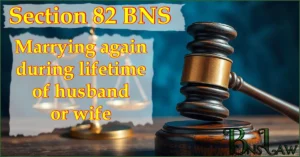Section 75 BNS | BNS 75 | Sexual Harassment Section in BNS
75(1) BNS
A man committing any of the following acts:—
(i) physical contact and advances involving unwelcome and explicit sexual overtures; or
(ii) a demand or request for sexual favours; or
(iii) showing pornography against the will of a woman; or
(iv) making sexually coloured remarks,
shall be guilty of the offence of sexual harassment.
75(2) BNS
Any man who commits the offence specified in clause (i) or clause (ii) or clause (iii) of sub-section (1) shall be punished with rigorous imprisonment for a term which may extend to three years, or with fine, or with both.
75(3) BNS
Any man who commits the offence specified in clause (iv) of sub-section (1) shall be punished with imprisonment of either description for a term which may extend to one year, or with fine, or with both.
READ OTHER SECTIONS OF CHAPTER V — OF OFFENCES AGAINST WOMAN AND CHILD
FAQs of BNS Section 75
-
75 BNS punishment and fine
Punishment and fine under Section 75(2) of the BNS: Rigorous imprisonment with 3 years, or fine, or both.
-
75 BNS cognizable or not
The offence under Section 75(2) of the BNS is cognizable.
-
75 BNS bailable or not
The offence under Section 75(2) of the BNS is non-bailable.
-
75 BNS trial court
Offence specified in Section 75(2) of the BNS is triable by the Court of Session.
Important Points
- Cognizable Offences: These are offences where a police officer can arrest a person without a warrant.
- Non-Cognizable Offences: These are offences where a police officer cannot arrest a person without a warrant.
- Bailable Offences: These are offences where the accused can get bail from the police station itself. All bailable offences are listed in the First Schedule of the Bharatiya Nagarik Suraksha Sanhita (BNSS).
- Non-Bailable Offences: Offences in which bail is not granted directly from the police station but after hearing the case in the court, the judge decides when bail will be granted. All non-bailable offences are listed in the first schedule of the Bharatiya Nagarik Suraksha Sanhita (BNSS).
- In the above FAQ, “trial court” means the court that has jurisdiction to try the offence.
- In the above FAQ, the expression “Magistrate of the first class” and “Any Magistrate” does not include Executive Magistrates.
Read other Sections of the BNS
Reference Link: New Criminal Laws (BNS), Ministry of Home Affairs

